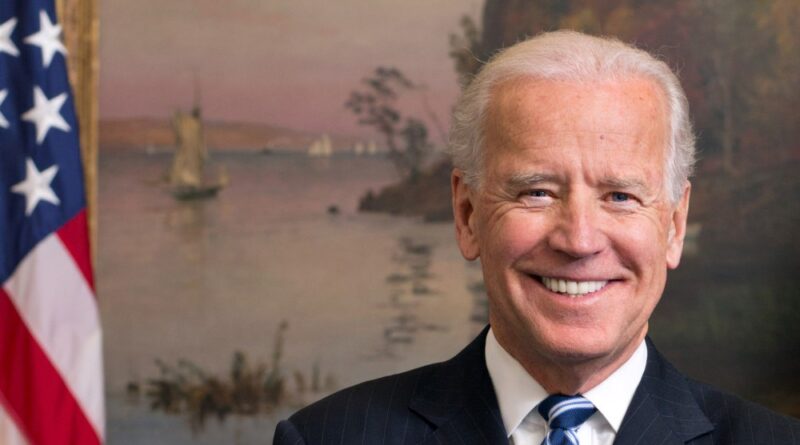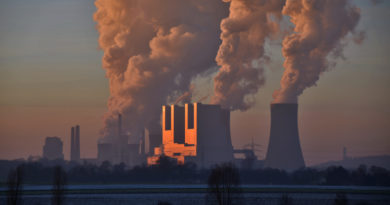Biden vs Putin: Gas, War, Gas and Gas again
The Biden administration has alleged that Russia is considering staging a fake attack on its own troops, to use as a pretext for an invasion of Ukraine. A spokesman for the US state department said it was publicising the allegation “to dissuade Russia from continuing this dangerous campaign, and ultimately launching a military attack.”
President Vladimir Putin accused the US of ignoring Moscow’s concerns about its security and using Ukraine as a “tool” to contain Russia. However, speaking after talks with Viktor Orban, Hungary’s prime minister, President Putin said he was ready to continue negotiations with the west.
Orban said that at their meeting, he had asked President Putin to increase supplies of Russian gas to hungary by 1 billion cubic metres per year. That increase would “secure Hungary’s energy supply permanently” and allow the government to continue to hold down costs for Hungarian consumers, Orban said.
A group of ten Democratic senators, including Elizabeth Warren and Edward Markey, has written to US energy secretary Jennifer Granholm, urging her to “take swift action to limit US natural gas exports”. The call is a direct challenge to the strategy of the Biden administration, which has been encouraging US and other LNG suppliers to send more cargoes to Europe if the tensions over Ukraine cause further disruption in flows of gas from Russia. The senators say the administration “must also consider the potential increase in cost to American families.” The senators do not call for an immediate ban on exports from existing LNG facilities, but say the administration should “develop a plan to ensure natural gas remains affordable for American households”, and consider halting approvals for new plants until that plan is in place.
March TTF gas futures were trading last week at about €81 per megawatt hour, equivalent to about $27 per million British Thermal Units. That is roughly half the price at its peak last December, but still more than four times its level of a year ago.
The UK government announced a subsidy of £350 a year per household to help consumers with soaring energy bills. For most consumers, energy bills are subject to a cap administered by the regulator Ofgem, which can be adjusted twice a year. Ofgem said the next cap, which takes effect in April, would on average rise by 693 per year to £1,971 , a 54% increase.
The OPEC+ countries held their regular monthly online meeting, and reportedly kept it to a record time of just 16 minutes. The meeting agreed to stick with the scheduled increase of 400,000 b/d in production limits for March. The statement from the meeting reiterated “the critical importance of adhering to full conformity” with the production limits. Increasingly, the problem seems to be countries under-producing rather than over-producing relative to their quotas.




